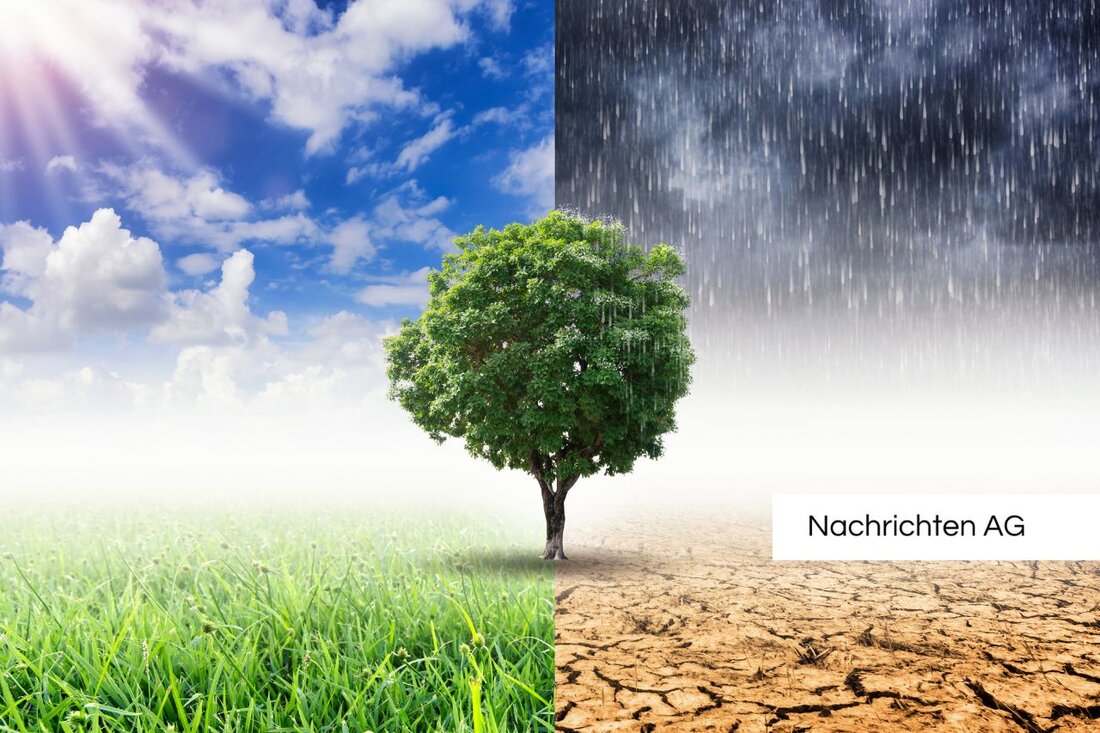Politicians are demanding that electricity prices should fall in Austria!
Politicians are demanding that electricity prices should fall in Austria!
Wien, Österreich - In Austria, a basic reform of electricity costs is sought, in particular by reducing the network charges. This step is intended to help reduce the increasing energy costs for households and companies. The state energy officers recently gathered in Vienna to discuss the necessary measures. Stephan Pernkopf, deputy governor of Lower Austria and representatives of the ÖVP, emphasized the urgency to lower the network fees and to develop innovative approaches for efficient network expansion and a national storage strategy. Its goal is to cover the need for infrastructure without further increasing electricity prices, but keeping it stable and reducing long -term while the energy transition is promoted.
Pernkopf calls for new technical options and financing models to cushion the stress due to rising network tariffs. He is supported by ÖVP State Secretary Elisabeth Zehetner, who also indicates the ongoing activities of the federal government in this area. Another point of the discussion revolved around the expansion of the geothermal energy, which is considered essential. Funding programs and legal framework conditions that can be planned for long -term are crucial for the creation of investment incentives in this area.
network charges as cost drivers
According to the Federal Network Agency's monitoring report, the electricity price for household customers with an annual consumption of 3,500 kWh is made up of various components. 43.5 % are the costs for electricity procurement, sales and profit margin, 20.9 % are taxes, while the net -based wage is 26.9 % of the total price. The remaining 1 % will be paid at the expense of billing and measurement services. For households without performance measurement, no service price is often due, but only a basic price.
The network charges are regulated and must be published by the network operators. It is emphasized that these fees are levied independently of the distance and grant access to the electricity transport and distribution system. Regulatory authorities determine special proceeds of the proceeds, so that network operators are no longer allowed to earn more than they approved. These are necessary measures to create transparency and guarantee the customers fair prices.
renewable energies in the upswing
The renovation of the Austrian energy system is progressing. Currently, 41 % of energy comes from renewable sources, mainly from hydropower and biomass. The country occupies the 7th place within the EU in terms of the proportion of renewable energies. By 2030, Austria is aiming to increase this proportion to at least 57 %. In order to achieve the goal of climate neutrality by 2040, it must be ensured that the dependence on fossil fuels is significantly reduced.
The progressive technology enables dynamic change in energy use. In 2023, photovoltaic performance has grown by 69 %, which includes the installation of 2.6 GW new capacities. The advantages of this development are already noticeable: special forms of energy generation, such as biomass heating and heat pumps, are used to a growing extent in households. Over 57,000 heat pumps were sold in 2023 alone, which not only reduces CO2 emissions, but also contributes to the independence of fossil fuels.
Overall, Austria's path is installed for sustainable energy future with the correct investments and the adaptation of existing network structures. A reduction in network charges could make a decisive contribution to achieve these goals and to keep energy prices for private individuals and companies at a portable level.
| Details | |
|---|---|
| Ort | Wien, Österreich |
| Quellen | |


Kommentare (0)